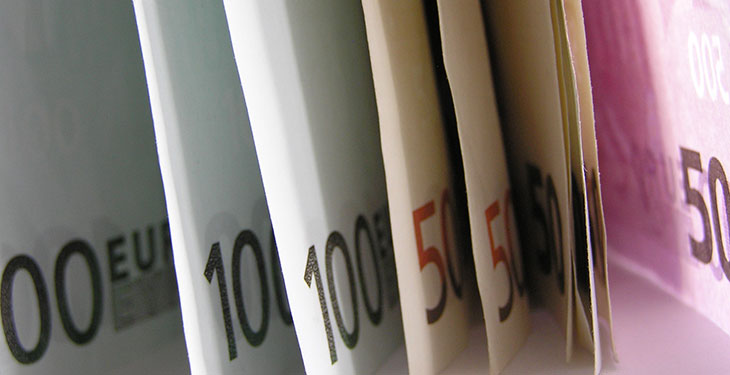The financing of the Transition Fund comes from the surcharge that is placed on certain categories of energy producers and the sources forecasted for this fund will decrease, and in this context, we want to see as soon as possible a decision to ensure that the sources available in this account are what the state assumed it would allocate to compensate for the price reduction to consumers, said on Thursday Dana Dărăban, executive director of the Federation of Associations of Energy Utility Companies (ACUE).
“There are provisions in the legislation in force by which the suppliers allocate these price reductions, later recovering the necessary funds. If at the beginning we saw a series of delays generated by bureaucratic reasons, absolutely understandable up to a point, because it was something new and for the civil servant in Romania, at the moment, unfortunately, we are starting to register some delays. I think we need to look a little in the new context at the construction of the transition fund that finances these measures. We need to look at the philosophy of the source of financing. The money in this fund comes from the surcharge that is placed on certain categories of producers, on certain transactions, for a certain price. The price has come down, so I think it’s very realistic to expect, given that the fund is fueled from today’s future transactions, that the sources predicted to accumulate in this fund will decrease. Unfortunately, the expense that the Romanian state still has to register is somehow behind, that is, we are settling an old expense, at higher prices,” explained Dana Dărăban, according to Agerpres.
She emphasized that, in the context of steep energy price increases, the domestic consumer in Romania was protected to a very large extent.
“If we look at the consumption structure and from the figures collected and at the level of ACUE members, I can tell you that more than half, that is 54%, or 4.9 million customers, are in the margin of up to 100 kilowatts, and on this margin, the average consumption is of somewhere around 50 kilowatts, as they had an invoice of somewhere around 34 lei.(…) We are talking about electricity. For natural gas, a third, 34%, respectively 3.4 million customers, fell into the tranche of consumption of up to 300 kilowatts, and on this tranche the average consumption is of somewhere around 150 kilowatts and they paid a bill of somewhere around 120 lei. Now, I know, if you start from, so to speak, a free reference point, 120 lei, 34 lei may seem a lot, but I think we have to learn that energy is not free, it is a commodity, which has a cost that you pay. But I insist, with all responsibility, that these measures protected the Romanian client to a very, very large extent,” said the director of ACUE.
On the other hand, the executive director of ACUE mentioned that, if we also look at all the available funds (PNRR, RepowerUE), Romania, on the financing side, has never had such a good chance to access funds for very many projects in the energy sector and in order to attract this money the state must work together with the private sector.
“I think that here again we have to look realistically and accept that not in all areas the Romanian state has proven to be a very good manager. And then, considering that the term is very short, Repower has very short terms for absorbing money, PNRR as well, I believe in a constant, fair discussion with the partners in the private sector, with anyone whom the Romanian state identifies as potential support in making these projects, in the management of these projects, to ensure that we implement them over time. I think a very big mobilization has to come here. We will not be able to attract this money if we continue to work in the past image: officials in their offices thinking about how a project can be done better without real consultation and without real business partnership with private sector consultants. So we really have a unique opportunity, but we also have a weakness, and I think the first step, we have to recognize, is that we have to work together, because otherwise we won’t be able to attract this money,” added Dana Dărăban.
